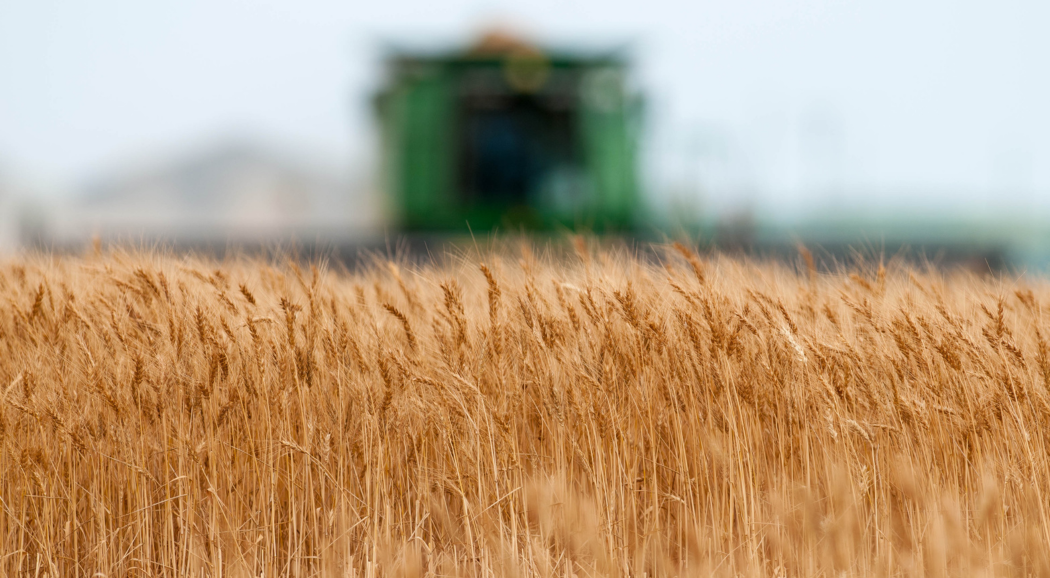Government Relations
Advocating for K-State's impact across Kansas and beyond
The Government Relations team serves as K-State's strategic voice in policy and funding decisions that advance our land-grant mission. As the nation's first operational land-grant university, we work tirelessly to secure the financial support and policy framework that enables K-State to deliver exceptional education, groundbreaking research, and transformative service to Kansas and the world.
We serve as the university's official liaison with elected officials at all levels, ensuring K-State speaks with one unified voice on critical issues. Our team represents K-State before legislative committees, collaborates with higher education advocates in Kansas and Washington D.C., and coordinates campus-wide legislative activities that strengthen our position as a leader in public higher education.
Through strategic advocacy and relationship building, we champion policies and funding that enable K-State to fulfill its promise to Kansas communities while advancing our global impact.
Get involved
Who represents you?
Kansas has two U.S. senators and four House representatives who influence national policies and federal funding. Their decisions help shape opportunities and resources that support Kansas State University and the state as a whole.

